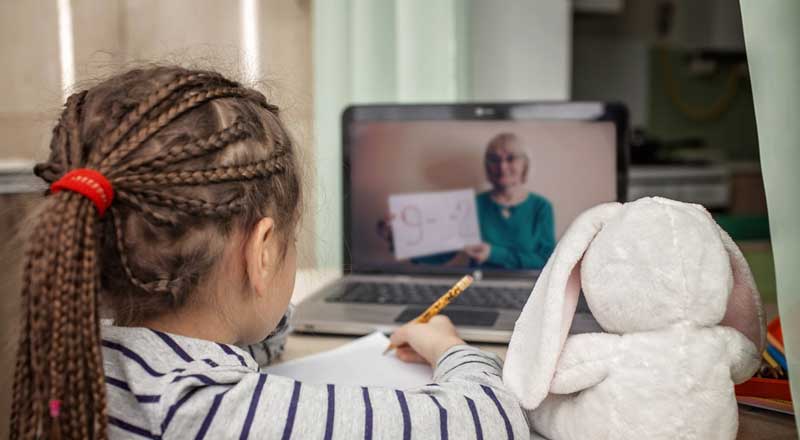Preparing for School
Like many parents, we prepare for our child’s return to school. Because of our child’s autism, though, we may prepare a little differently than parents of typical children.
During the summer, our child spent five weeks at a pilot program for kids on the autism spectrum. The kids in this program are on the mild end of the spectrum. The program was five weeks long, four days a week, and only half days. The idea behind the program is to give children on the spectrum some school structure during the summer months.
It is often challenging for our kids to take a long summer break from school. They typically prefer routines and schedules, and summers throw them off of their routines and schedules. The return to “formal” school then becomes a bigger challenge for them because of the transition back into regular school. The theory behind the program is to give them some school experience to ease that transition.
Typically, the summer programs do not have a lot of class work (and no homework). Instead, the focus leans more toward providing some needed structure and peer interaction. There is a good ratio of teacher to student; typically five to one. Peer interaction games and activities are stressed over actual class work.
Our child very much enjoyed this pilot program. His favorite part was riding the bus! (We walk to his regular school so this was a real treat.)
The week before school, our habit is to send our child to his after-school program. During the summer, his after-school becomes a summer daycare, but the facility and the teachers are the same. They pool several schools together at our home school.
We pay for the last week of the summer daycare before the beginning of school. We feel it is to his benefit to get him on the school campus for the few days before school returns. This gets him “back into the swing of things.” He gets to play with friends that he knows and in a room that is very familiar to him. His after school aide joins him so they can get reacquainted as well.
It is during this week that we arrange to meet with his teacher(s) – this year our child has two teachers. The teachers at our child’s school return two or three days before the start of school to set up their classrooms.
Meeting with the new teacher(s) during this week is convenient for all of us. They happen to be on campus and so is our child. He not only meets the new teacher(s) but he gets an introduction to his new classroom. This year his classroom is quite large and we were glad to be able to show him around and discuss the various “sections” of the room. They also showed him where he’d be sitting and where the aide would be sitting.
We meet early with the teacher(s) to discuss some of our son’s issues with them. Our child has an IEP date in January/February but we could (theoretically) request a “mini-IEP,” but we feel the informal meeting is sufficient. After introducing our child to his new teacher(s), we discuss his autism history (briefly), our goals, and his aide.
Additionally, I always request a copy the class schedule. We coordinate our child’s school behavior with his “earnings” chart that we keep at home. We like to use his schedule at home to discuss his upcoming day.
“Hey, it looks like you have library/computer today. What do you do in the library?” “Keep my voice low and only use the computer for the time they give me.” That is a typical “checking of the schedule before school” discussion (and the response that we strive for!).
We don’t, by the way, meet with the teacher(s) in order to obtain special privileges for our child. We have learned over several years to coordinate with everyone who is involved with educating our child and/or administering programs. We are used to insuring that everyone involved in our child’s autism world is on the same page. That includes new teacher(s).
Luckily, our child’s OT provider and the speech therapist have remained consistent for the last three years. But, the teachers always change.
It’s been three years now and, so far, we have been received very well by our child’s new teacher(s). We strive to not come off as “problem parents.” We prefer the term, “involved parents.”
We hope the teacher(s) appreciate our desire to be involved in our son’s education. We also hope they understand that we have goals and programs in place that have worked for our child in the past. We are actually trying to make their job a bit easier. We stress communication, and let them know that they are now included within our child’s team. Officially, they are a part of our IEP team. But, we try to make them feel welcome.
Mostly, we want our child’s teacher(s) to know that if there is ever a problem, we are a phone call or an email away. We want to know about our child’s behaviors, the bad ones as well as the good ones. The bad ones mean we have to adjust his program. We do not want our child to be a classroom disruption. The good ones mean our approach is working. That’s all we really want. To have a smooth classroom environment for the teacher(s), our child’s peers, and our child.




